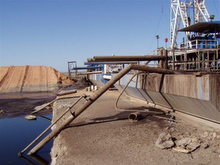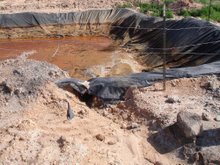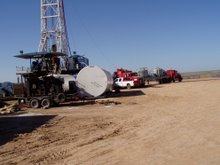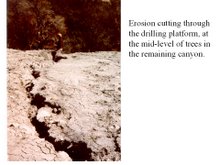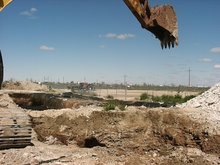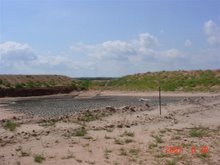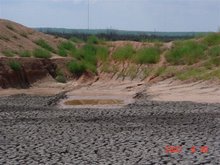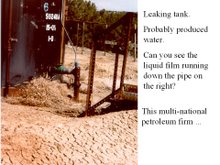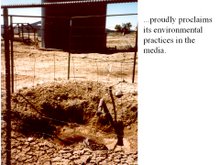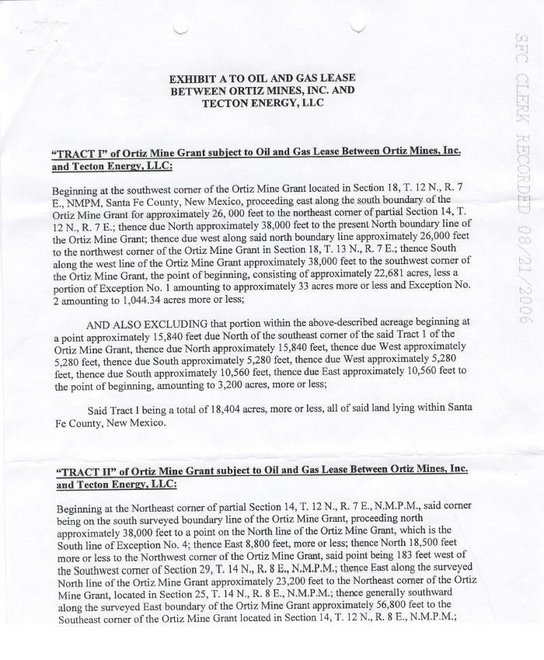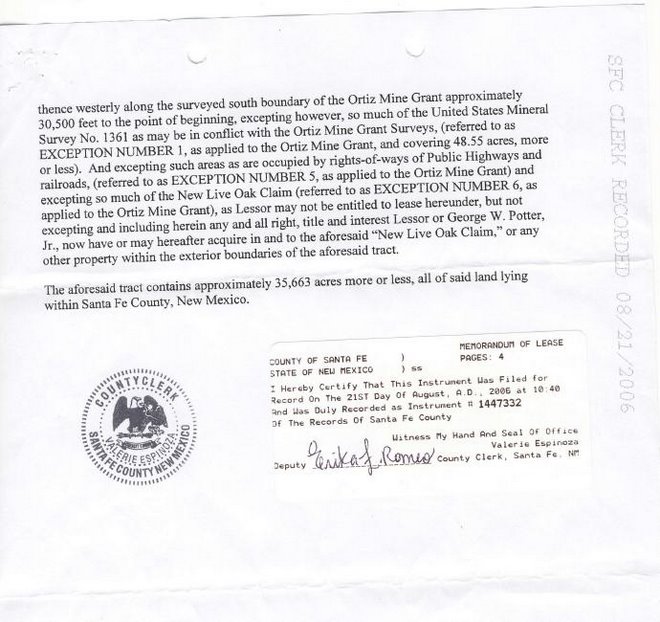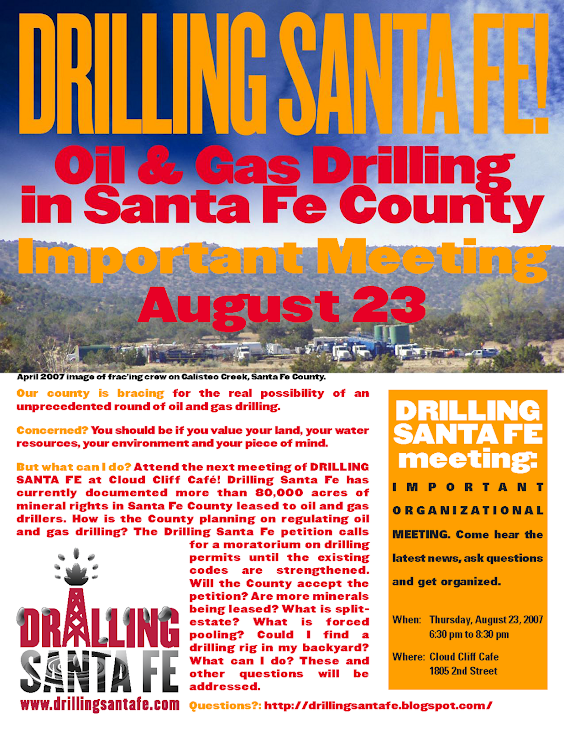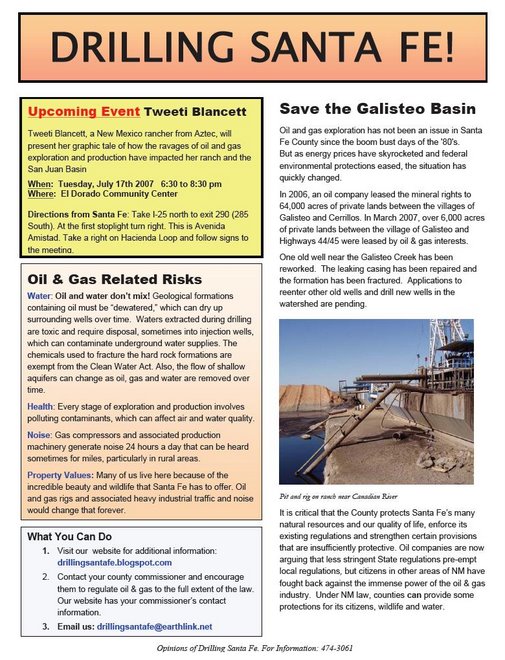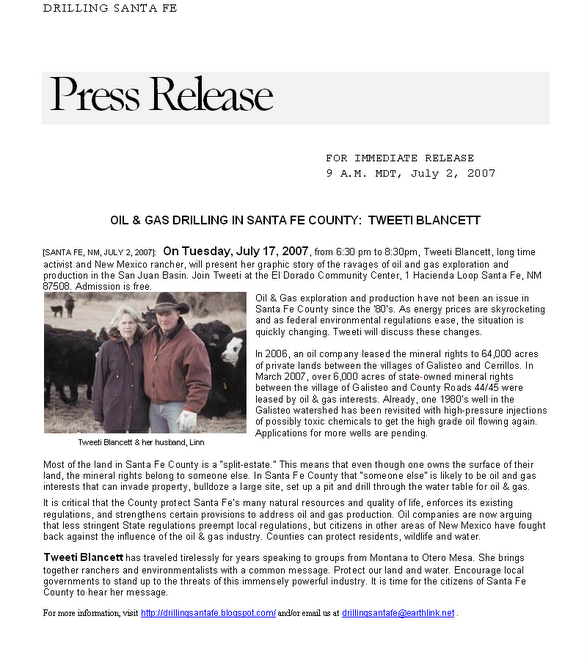by Andrew Reinbach
"Basic real estate law could stop gas drilling in the Northeast.
Here's the idea. When you bought your house you didn't buy just dirt and bricks; you bought what your lawyer calls a bundle of rights. That includes what he or she calls the right of quiet enjoyment.
Quiet enjoyment means more than the right to sit on your porch and watch the sunset; it includes the right to enjoy the value of your property. If your neighbor does something to hurt this right, he has to pay you the before-and-after difference -- to make you whole, as they say.
It's called nuisance law, and means everybody has the right to do what they want with their property -- as long and they don't hurt anybody else. If they do, they have to pay.
So, since banks won't lend on a house near a gas well unless the owner can prove their water supply will always be safe, and that can't be done -- i.e.: where there's gas drilling, property values collapse -- it follows as the night the day that if your neighbor leases his land for gas drilling, you can sue said boneheaded neighbor to make you whole.
"It's just Real Estate 101," says the co-chair of one of the American Bar Association's practice groups. "I'm surprised nobody's using it now."
As it happens, it is being done now. Two recent Pennsylvania lawsuits, filed separately against Southwest Energy Co. and Chesapeake Energy Corp., claim that their gas drilling has contaminated local water supplies and harmed the related property values."...
..."Called anticipatory nuisance, it's basically the notion that you can stop your neighbor from doing something if waiting to sue until you're harmed is ludicrous. In a western, this is where the marshal says you shot in self-defense.
"It's a doctrine that's established in common law," says Alexander. "A court would not be making new law" by supporting such a claim, and "it presents a plaintiff with a lot of ammunition."
The beauty here is that applying the case law to gas drilling is no stretch. According to George P. Smith, II, who wrote an article about this in the Vermont Law Review, it was established in 1864 America, when a court found that one Mr.Tipping's property rights would be harmed by a proposed smelting operation, even though there were several factories nearby. More rulings followed.
These are really two different sorts of lawsuits; one compensates you if drilling's already taken place and the other would stop it before it happened." More>>>>


